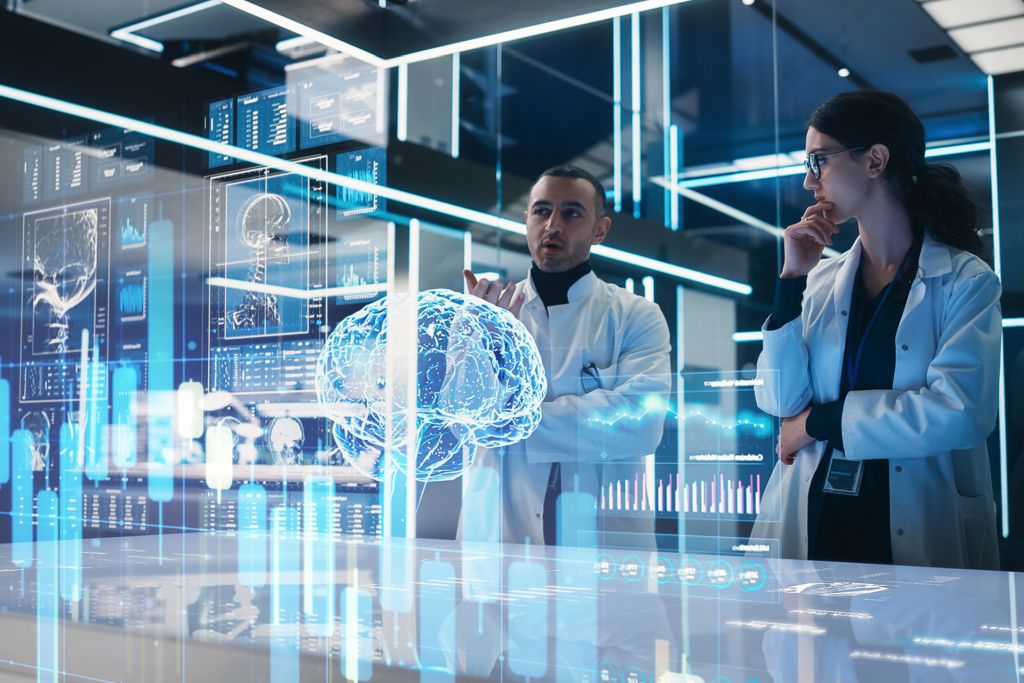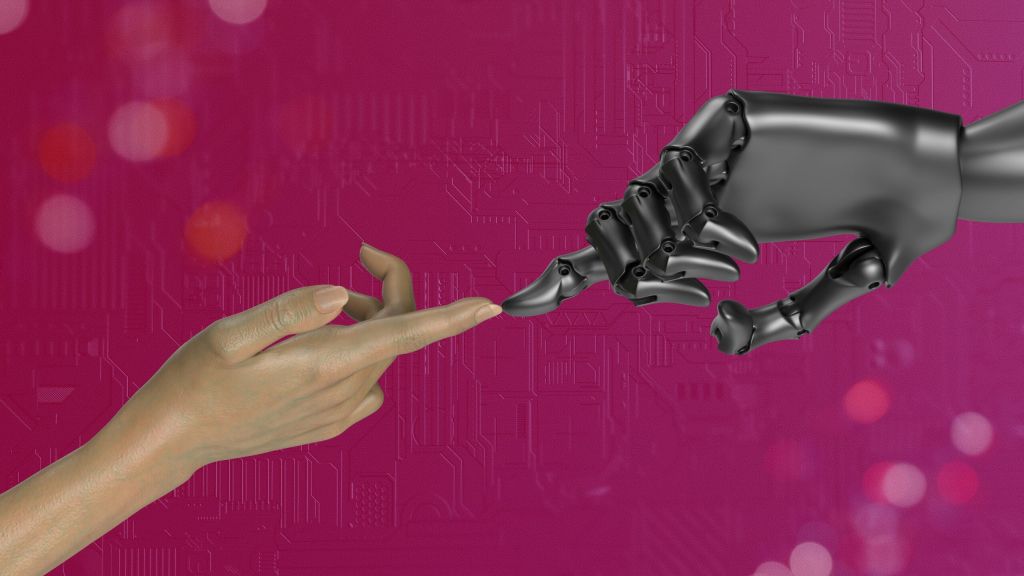Biotechnology continues to redefine the boundaries of human potential, merging scientific innovation with real-world applications that enhance health,
Biotechnology continues to redefine the boundaries of human potential, merging scientific innovation with real-world applications that enhance health, performance, and longevity. From advanced gene editing to regenerative medicine, new breakthroughs are rapidly shifting how we understand and optimize the human body. The focus is no longer just on treating disease, but on improving overall biological efficiency and resilience. This emerging frontier—where science meets human optimization—opens vast opportunities for research, investment, and ethical exploration. It’s a transformative era that challenges traditional healthcare models while inspiring a new generation of biotech entrepreneurs and innovators.
The Evolution of Biotechnology and Its Global Impact
Biotechnology has evolved from experimental research into one of the most influential drivers of global progress. Its applications span medicine, agriculture, and environmental science, creating solutions that improve quality of life and strengthen economic resilience. Topics like DSIP dosage illustrate how precise biological research contributes to innovation in wellness and performance science. These developments underscore the importance of data accuracy, ethical responsibility, and global collaboration in driving sustainable progress. As nations invest heavily in bio-based industries, biotechnology continues to reshape healthcare systems, optimize productivity, and pave the way for a new era of human-centered scientific advancement that blends discovery, technology, and responsibility.

How Data and AI Drive Modern Biotech Discoveries
Data analytics and artificial intelligence are revolutionizing modern biotechnology by transforming how scientists analyze, predict, and innovate. AI-driven algorithms can process massive amounts of biological data—from genetic sequences to cellular responses identifying hidden connections and accelerating discovery. Machine learning enables researchers to simulate experiments, predict outcomes, and optimize treatments with far greater precision than traditional methods allow. This integration of technology reduces time, cost, and error, allowing breakthroughs that once took years to emerge in just months. As computational biology grows, the synergy between data and science is reshaping the future of healthcare, drug development, and personalized medicine, driving biotech toward unprecedented possibilities.
Ethical Questions in the Age of Human Enhancement
As biotechnology becomes more integrated into everyday life, the ethical landscape grows increasingly complex. Innovations in gene editing, neurotechnology, and regenerative medicine are blurring the line between healing and enhancement. While these breakthroughs offer hope for improved health and longevity, they also raise concerns about who will have access to such advancements and how they might reshape society. Unequal availability could deepen existing social divides, creating a future where enhancement becomes a privilege rather than a right. Additionally, questions about consent, long-term safety, and the definition of “natural” humanity remain unresolved. Ethical governance must therefore extend beyond regulation—it requires an ongoing global conversation that includes scientists, policymakers, and the public. By promoting responsible innovation rooted in shared values, biotechnology can evolve in a way that protects individual dignity while advancing collective progress.
The Role of Startups in Accelerating Biotech Innovation
Biotech startups continue to play a pivotal role in reshaping the future of medicine, sustainability, and human performance. Unlike large corporations bound by rigid structures, startups thrive on experimentation, creativity, and speed. They often pioneer breakthroughs in areas such as genetic engineering, precision medicine, and biomaterials—fields that demand both scientific insight and entrepreneurial courage. Many of today’s most promising therapies and diagnostic tools began in small labs funded by visionary founders and early-stage investors. However, these companies face constant hurdles, from securing venture capital to navigating strict regulatory pathways. Strategic partnerships with research institutions and pharmaceutical leaders are therefore crucial for scaling discoveries and bringing them to market. Despite the obstacles, biotech startups embody the spirit of innovation: bold, adaptive, and driven by purpose. Their success not only accelerates technological progress but also transforms how science reaches people—turning knowledge into tangible benefits for global health and well-being.
Conclusion
Biotechnology is redefining the boundaries of human progress through data, research, and innovation. From AI-powered discoveries to new ethical standards and entrepreneurial breakthroughs, the field continues to evolve at a remarkable pace. What was once confined to laboratories is now driving global change in health, sustainability, and human development. The future of biotechnology will depend on collaboration and responsible leadership—ensuring that scientific progress benefits society as a whole. By merging technology, ethics, and creativity, biotech stands ready to unlock a smarter, healthier, and more sustainable future.





COMMENTS